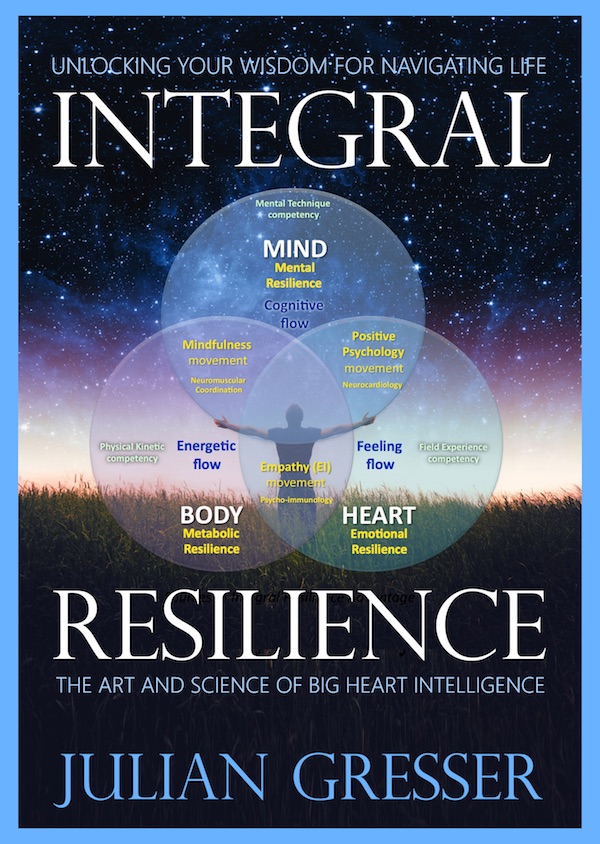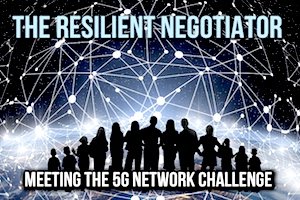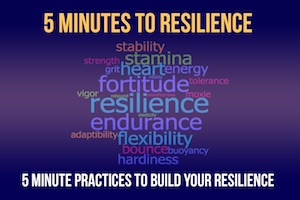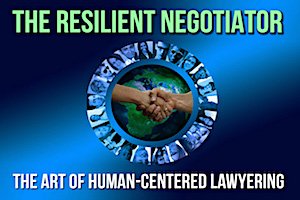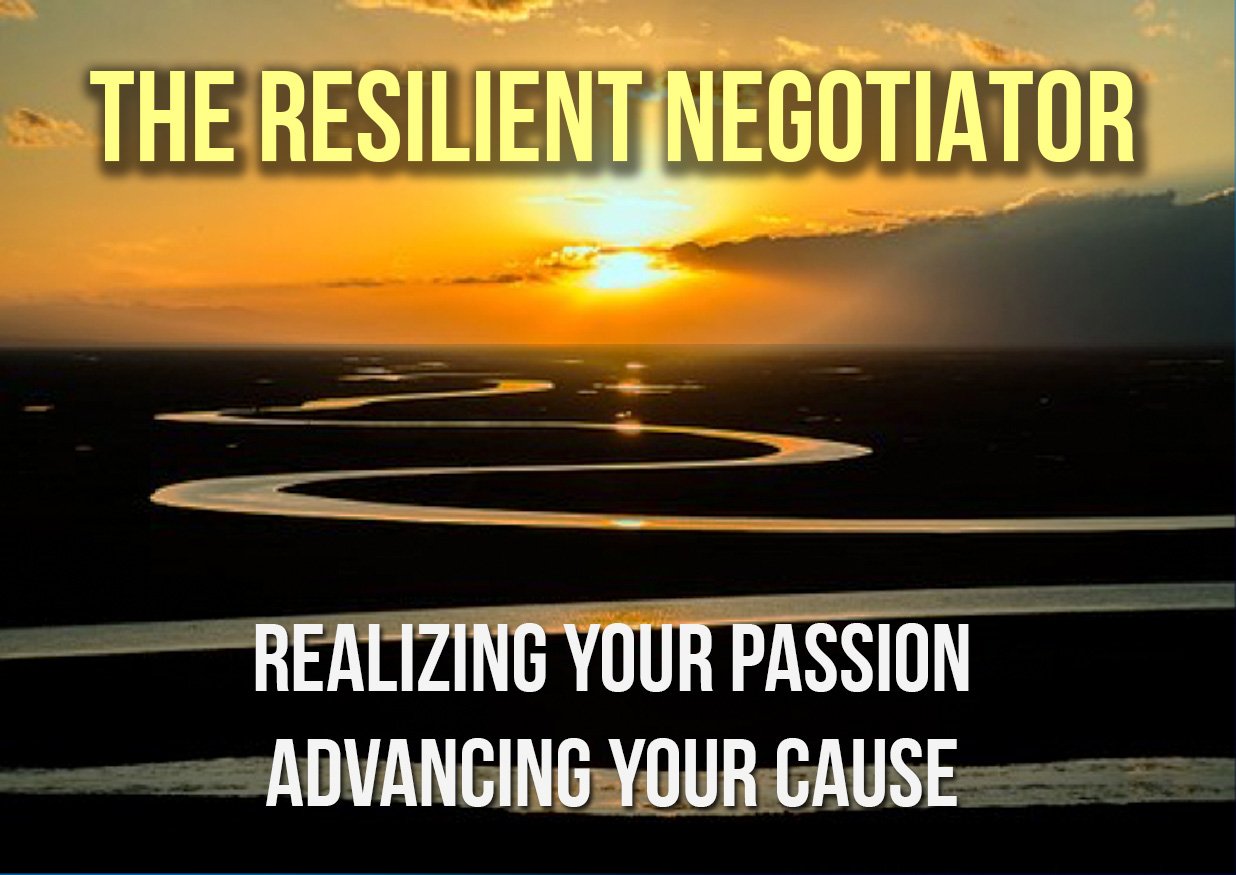Reflections on Love in Enhancing the Health and Wellness of Local Communities
Reflections on the Multiplier Effects of Love in Enhancing the Health and Wellness of Local Communities
A New Science of Love.
There is an interesting body of scientific research on the biochemistry of love and its effect on the immune system. Also this research.
There are also numerous studies of the adverse effects on immunity of loneliness and disaffection from community, including the article by a former U. Surgeon General; see also, the influence of impaired immunity on cardiac disease:
The importance of heart in its expanded sense underlies many of these studies. What are the implications of these findings for enhancing the health and wellness of local communities such as Haughton Green?
Love as a Cultivatable Skill.
We are discovering that love is a uniquely powerful source of energy that can be systematically cultivated by first learning how to quiet, then open the energy field of the heart. Please see the attached Practice Notes for Move # 7—Enhancing Immunity by Love. The skill is developed by first learning more subtly to differentiate the ways love is experienced through the senses; then to expand the ambit of people and situations with which we can (unexpectedly)experience love. By spotlighting the energetic dimensions of love, we have found a path for exploration that is open to everyone.
One of the unique aspects of this practice is the opportunity available to us in each moment in life. The Austrian Benedictine monk, Brother David Steindl-Rast, demonstrates this in his wonderful practice, Stop, Look, Go! Mother Teresa captures it in her advice, “Do small acts with great love.” Shakespeare expresses this same idea in the last lines of Henry V, “Small time, but in this small most greatly lived.” Every moment in other words brings a noble chance.
A direct practical application for Haughton Green and the health care sector generally is the relationship of love to burnout. In some local communities in the U.S. administrators of hospitals are sending a clear signal to their physicians and nurses that in order meet the administration’s revenue projections, they must “leave your hearts at home.” I could scarcely believe this dictum when I heard it first from a colleague practitioner in the burnout field. By divorcing the daily work of these professionals from heart, these benighted administrators are depriving them and their patients of love, the primary source of self-nourishing and vitalizing energy.
In sum, we believe the intelligent and systematic cultivation of love can be a powerful antidote against isolation, alienation, and loneliness, which are all essential elements of burnout. Conversely, we can document that love, and happiness which closely attends love, are together powerfully immuno-supportive.
The Economics of Love.
Love as suggested in my last email has some interesting economic qualities. The first is love’s extraordinary leverage. There is ample evidence that even the smallest tincture of loving kindness can change the course of a person’s entire life. This is the main point of the scene in Victor Hugo’s Les Miserables where his hero Jean Valjean has pilfered a candelabrum from the kindly Bishop of Digne. The Bishop had welcomed him as a guest into his home, notwithstanding Valjean’s desperate appearance as an escaped convict. When Valjean is soon after arrested and brought back by the police, the Bishop embraces him with open, arms chiding him for forgetting to take other “gifts” on his journey. This singular act of kindness saves Valjean from the certain fate of a being sent back to the Toulouse galleys. The memory of the Bishop’s kindness becomes for him a beacon of charity and love for the remainder of his life.
The second unique feature of love is that its power is not diminished, but rather increases, when it is passed on and shared. Viewed in this light the existing stock of love can be seen as a community treasure that can transform everything, including the value of money. Moreover, the wider love is shared, the greater its velocity. This is a central theme in Dicken’s Christmas Carol, * and is also expressed beautifully in Portia’s famous dicta on the qualities of mercy in Shakespeare’s The Merchant of Venice. **
The Role of Information Communications Technologies (ICT).
ICT, including mobile apps, advanced search, AI, voice recognition, and collaborative discovery/innovation engines are ideally suited to disseminate and to accelerate the cultivation of love and other of essential survival skills. Alliances for Discovery in cooperation with WHIS is developing an intelligent platform to support this learning, based on a “long tail” integration and enhancement of best available technologies. (For a note on how the integration of these technologies in combination with Big Heart Intelligence can help to generate local jobs and stimulate economic growth, please see: http://alliancesfordiscovery.net/the-trigger-method-3/)
Measuring Enhanced Community Happiness and Love as a Basis for High Impact Philanthropic Investment.
We already possess new tools to measure the added value that love and happiness bring to communities. Bhutan’s Gross National Happiness Index may offer the leading precedent for the application of these tools at a national level. The portfolio of apps AFD is developing with WHIS will enable us to track, measure, and forecast the impact of new skill development among teams, organizations, and entire communities, expressed as an algorithm we call “Big Heart Advantage.”
The opportunity to measure social returns in this way may be of interest to CEOs of foundations and venture philanthropists who are increasingly dissatisfied with the low financial returns from their hedge fund portfolios and the poor social returns from conventional grants. Apps such as those we are developing that are focused on practical and measurable applications such as preventing burnout and dementia can open a new frontier for investors seeking high social returns by enhancing the health and wellbeing of local communities.

“Mankind was my business. The common welfare was my business; charity, mercy, forbearance, benevolence, were all my business. The dealings of my trade were but a drop of water in the comprehensive ocean of my business!” Charles Dickens
**Shakespeare–The Merchant of Venice, Act IV, Scene I
The quality of mercy is not strained.
It droppeth as the gentle rain from heaven
Upon the place beneath. It is twice blessed:
It blesseth him that gives and him that takes.
‘Tis mightiest in the mightiest. It becomes
The thronèd monarch better than his crown.
His scepter shows the force of temporal power,
The attribute to awe and majesty
Wherein doth sit the dread and fear of kings,
But mercy is above this sceptered sway.
It is enthronèd in the hearts of kings.
It is an attribute to God himself.
And earthly power doth then show likest God’s
When mercy seasons justice.


